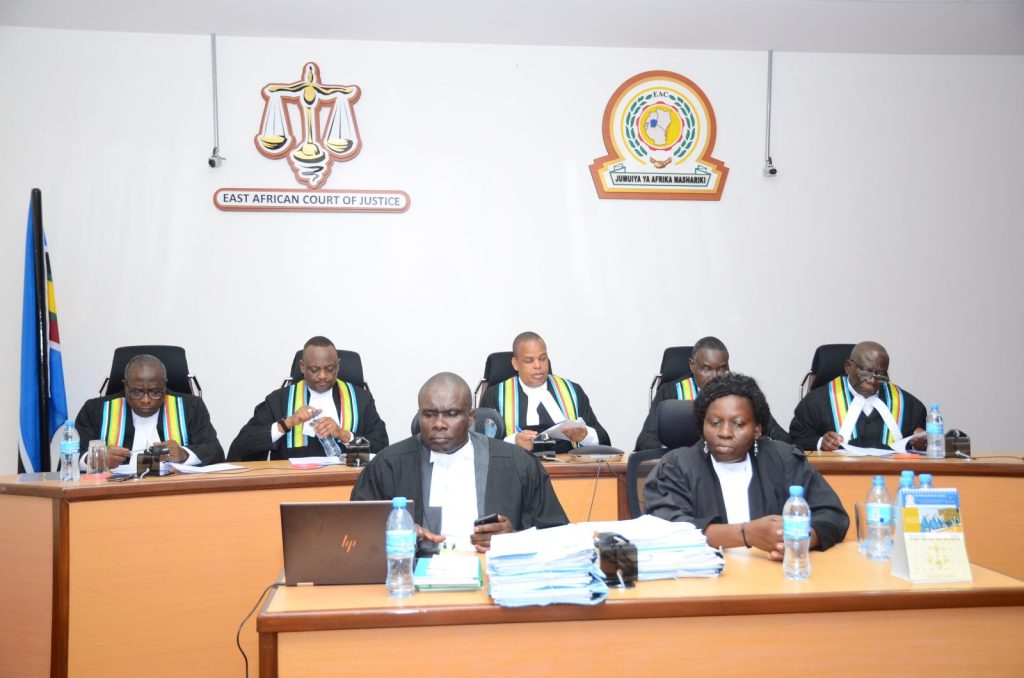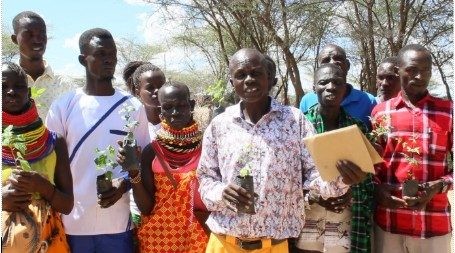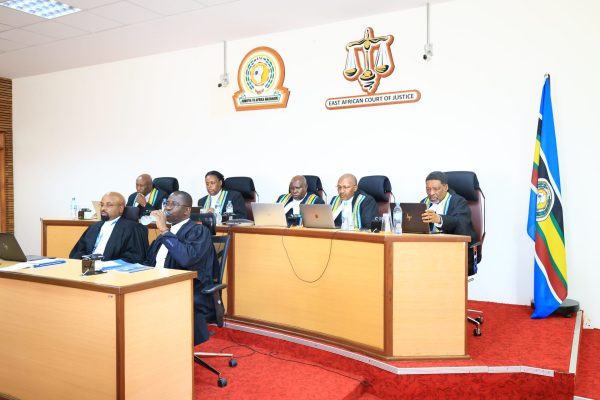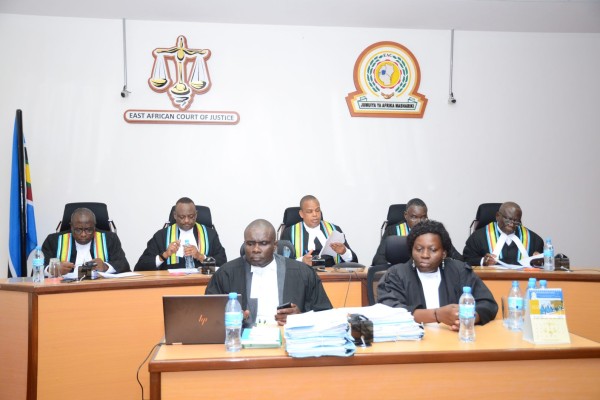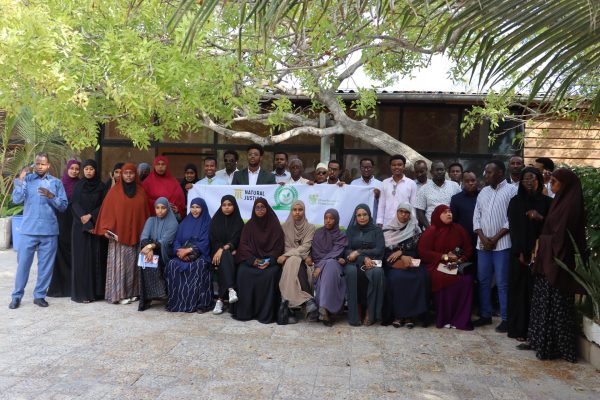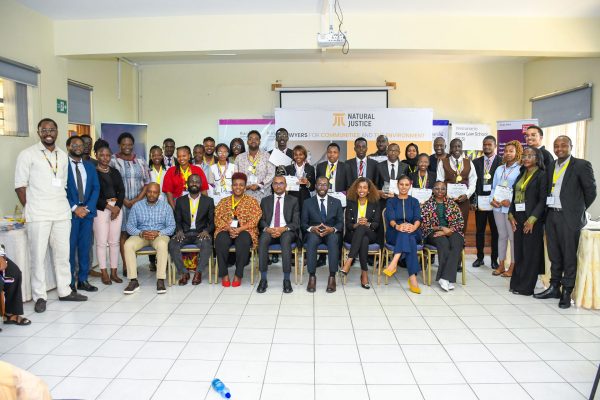Kampala, Nairobi and Zanzibar: The Appellate Division of the East African Court of Justice (EACJ) has asked four East African civil society organisations (CSOs) that filed an appeal following the dismissal of their court case against the East African Crude Oil Pipeline (EACOP) project to file written submissions by March 22, 2024.
The organisations, which include the Africa Institute for Energy Governance (AFIEGO)-Uganda, Center for Food and Adequate Living Rights (CEFROHT)-Uganda, Natural Justice (NJ)-Kenya and Centre for Strategic Litigation (CSL)-Tanzania filed a court case against the EACOP at the EACJ in November 2020.
The organisations argued that the EACOP violates key East African and international treaties and laws, including the East African Community (EAC) Treaty, Protocol for Sustainable Development of the Lake Victoria basin, the Convention on Biological Diversity and the United Nations Framework Convention on Climate Change. Others include the African Charter on Human and People’s Rights as well as the African Convention on Conservation of Natural Resources, among others.
In their case, which was filed in November 2020, the East African organisations asked the EACJ to issue temporary and permanent injunctions stopping the development of the EACOP. Following preliminary objections raised by Tanzania’s solicitor general, Gabriel Malata, the First Instance Division of the EACJ dismissed the case brought by the organisations, arguing that it was time barred and that the court does not have jurisdiction to hear the case. The dismissal was made on November 29, 2023.
The aforementioned organisations appealed the ruling and following a hearing that took place yesterday (February 20, 2024), the appellate division of the EACJ ordered the organisations to file the submissions that they will use to argue their case by March 22, 2024.
The court also asked the governments of Uganda and Tanzania, as well as the Secretary General of the EAC, who are the respondents in the case, to file their counter arguments by April 22, 2024. Further, the court ordered the organisations, which are the appellants in the case, to file any rejoinders to the counterarguments to be submitted by the governments of Uganda and Tanzania, as well as the EAC Secretary General by May 6, 2024.
Mr. Dickens Kamugisha, the CEO of AFIEGO, says, “We are happy that the court has set in motion processes to ensure that justice is served for the benefit of communities. Communities and East Africans in general rely on their natural and other resources to make a living and any projects such as the EACOP that threaten these resources should be challenged. Those challenging harmful projects should be supported by East Africans and other people of goodwill.”
Ms. Farida Aliwa, the Executive Director of Natural Justice, says, “We look forward to coming back to court in a month with our detailed written submissions. We are committed to protect both the environment and the well-being of the people in East Africa. We believe our submissions will help the court understand the environmental impact of the pipeline. We want the court to recognise how the pipeline affects our environment and the delicate ecological balance we work hard to maintain. We are determined to present our case and support the sustainable future of East Africa.”
Ends
Note to Editors:
The appeal was heard by the following judges: Justice Nestor Kayobera, the president of the EACJ, Justice Anita Mugeni, the Vice President of the EACJ, Justice Kathurina M’Inoti and Justice Cheborion Barishaki. Others include Justice Omar Othman Makungu.
The organisations/appellants were represented by Counsels Justin Semuyaba, David Kabanda, John Baptist Okurut and Veronica Nakityo.
The respondents were represented by Counsels Hangi M. Chang’a, Mark Mulwambo and Stanley Kalokole (Tanzanian team) as well as Counsels George Kalemera, Charity Nabasa and Mark Muwonge (Ugandan team). The EAC Secretary General was represented by Dr. Anthony Kafumbe, Counsel for the EAC.
For further reading on the case, click here.

